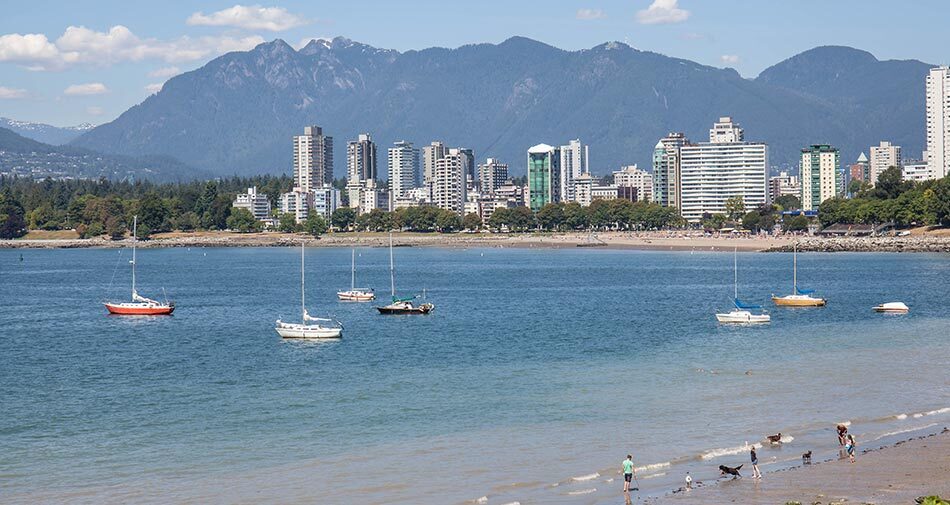Image


Vancouver is the largest city in British Columbia and the third largest city in Canada. The population, over 2.3 million people in the metro Vancouver region, is ethnically, racially and religiously diverse. Vancouver’s proximity to the ocean and to the mountains attracts residents and visitors from around the world.
It’s easy and convenient to get around Vancouver without a vehicle. Public transportation system is managed by TransLink and includes:
You can visit the TransLink to find schedules, plan your trip, and determine fare costs.
Students enrolled in Regular Studies (University transfer and Career studies) are eligible for a U-Pass Compass Card. The U-Pass Compass Card allows unlimited use on all Translink bus, SkyTrain and Seabus services.
All eligible students are required to participate in the U-Pass program, regardless if they use transit or not. Fees for the U-Pass program are automatically included with registration.
Everyone has a right to be safe when using public transit. If you witness or experience a medical emergency, violence, or any type of sexual assault or harassment, including unwanted touching or gestures, please report it. You can text the Metro Vancouver Transit Police at 87.77.77 or phone 604.515.8300. In an emergency call 911.
If you are new to Canada, get familiar with the currency right away so you can pay with the correct amount and receive the correct change.
Canadian paper bills are in denominations of $5, $10, $20, $50, and $100. Many businesses will not accept $50 bills or higher. Coins are in denominations of:
All stores accept purchase payments using Canadian currency. In addition, most stores accept credit cards or debit cards and will have signs indicating which cards are accepted.
Do not carry too much cash as it cannot be replaced if lost or stolen.
When you make a purchase, keep a copy of the receipt in case you need to return or exchange the item (policy varies by store, terms are often printed on the receipt).
Supermarkets – largest variety of food and household items with many locations. You can meet most of your grocery shopping needs at these stores.
Shopping mall – different stores at one location, the closest shopping mall is Oakridge Centre (Canada Line station: Oakridge-41st).
Convenience stores – small family-owned businesses or national chains located on street corners. Relatively expensive, but convenient.
Bulk and discount stores – least expensive shopping alternative, but a membership fee may be required. Shoppers may be required to buy large quantities of individual items.
T & T Supermarket (Asian foods)
H-Mart (Korean foods)
To call an international number from Canada, dial:
011 + Country Code + Area Code + Local Number
International calling cards offer reduced rates and can be purchased from most convenience stores.
If you are living off-campus you may need to set up telephone service. Landline services are available (generally through Telus or Shaw) but most students choose the convenience of a cell phone.
Note: Residents in Vancouver use the following terms interchangeably: cell phone, cellular, mobile, and smart phone.
If you have an unlocked cell phone, it will work in Canada with a new SIM card from any service provider. Your international cell phone may also work in Canada, but understand your international fees before using your phone in Canada.
There are many cell phone providers with stores and information stands in the mall. Information is also available online. Ask about student plans as you may get a discount rate. Understand the terms of your contract including:
Free wi-fi is available on campus with a Langara ID and all students will be issued a Langara email address.
If you are living off-campus you may choose to install high-speed Internet and/or cable (television) through a service provider for a monthly fee. These services can sometimes be bundled for a discount rate.
The two major service providers for home telephone, Internet, and cable services are Telus and Shaw – although there are many others that you may wish to consider.